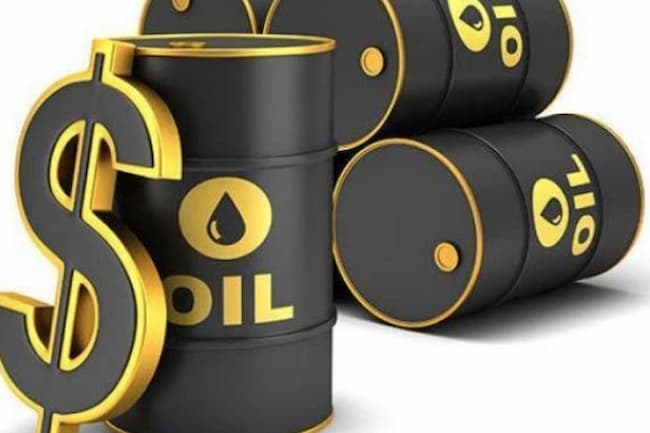The oil price rose to $92.28 a barrel early on Wednesday, but Nigeria will not benefit from the increase since it continues to produce below its Organization of Petroleum Exporting Countries (OPEC) quota.
Brent Crude was trading at $91 a barrel on Tuesday, but it surged on the strength of a renewed vow by Saudi Arabia and Russia to cut output by 1.3 million barrels until the end of the year.
According to a data by OPEC, Nigeria’s oil output increased to 1.1 million barrels per day in August, up from 1 million b/d in July. The Nigerian Upstream Petroleum Regulatory Commission has estimated the country’s August output at 1.4mb/d, including 400,000b/d of condensate.
Despite having estimated oil reserves of 38 billion barrels per day, the nation has been unable to raise daily oil output owing to crude oil theft. In recent months, the Nigerian National Petroleum Company (NNPC) Limited has recorded weekly crude oil theft events across the oil-producing states.
According to Nuhu Ribadu, National Security Adviser, the country loses 400,000 barrels of oil each day. Nigeria produced 1.2 million barrels per day in February, 1.5 million barrels per day in March, and 1.004 million barrels per day in April.
In September 2022, the operations of oil thieves reduced the country’s output to roughly 900,000b/d. The country has been unable to meet its OPEC production quota of 1.7mb/d, though it has a budget benchmark of 1.69m/d for 2023.
The country’s inability to ramp up production has inhibited its revenue as it relies on crude oil exports for about 80 per cent of government earnings and over 90 per cent of its foreign exchange. Due to its low oil production output, the removal of petrol subsidy and floating of the local currency, the country’s inflation rate hit a 18-year high in July of 24.1 per cent from 22.8 per cent in the previous month.
The oil sector has also been grappling with low investments, as oil majors divested in pursuit of cleaner energies. Due the low output, OPEC noted Nigeria had lost its position as Africa’s largest oil producer with 1.18mb/d output to Libya (1.19 million) in August. Other top producers in the continent in the month were Angola (1.12 million), and Algeria (939,000).
The Chairman of Society of Petroleum Engineers Nigeria Council, Felix Obike, while briefing journalists on the 2023 SPE conference; said crude oil exports would continue to dwindle until FG addresses the security of pipelines. According to him, although exploration for more oil is ongoing, many oil firms are no longer transporting their oil for exports.
“The oil is there and we are currently exploring, but a lot of companies are not transporting their crude oil for exports due to insecurity challenges disturbing movement of oil,” he said.













